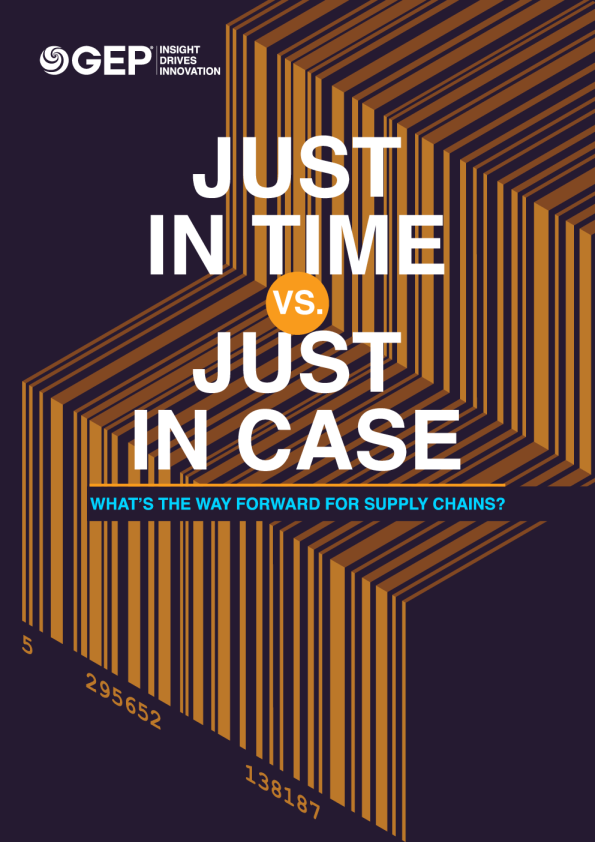Sustainable Food Cold Chains: Opportunities, Challenges and the Way Forward

Opportunities, Challenges andtheWay Forward SUSTAINABLE FOODCOLDCHAINS Requiredcitation:UNEPandFAO.2022.SustainableFoodColdChains:Opportunities,ChallengesandtheWayForward. Nairobi,UNEPandRome,FAO.https://doi.org/10.4060/cc0923en ThedesignationsemployedandthepresentationofmaterialinthisinformationproductdonotimplytheexpressionofanyopinionwhatsoeveronthepartoftheFoodandAgricultureOrganizationoftheUnitedNations(FAO)orUnitedNationsEnvironmentProgramme(UNEP)concerningthelegalordevelopmentstatusofanycountry,territory,cityorareaorofitsauthorities,orconcerningthedelimitationofitsfrontiersorboundaries.Thementionofspecificcompaniesorproductsofmanufacturers,whetherornotthesehavebeenpatented,doesnotimplythatthesehavebeenendorsedorrecommendedbyFAOorUNEPinpreferencetoothersofasimilarnaturethatarenotmentioned. Theviewsexpressedinthisinformationproductarethoseoftheauthor(s)anddonotnecessarilyreflecttheviewsorpoliciesofFAOorUNEP. ISBN978-92-5-136618-9 ©UNEPandFAO,2022 Somerightsreserved.ThisworkismadeavailableundertheCreativeCommonsAttribution-NonCommercial-ShareAlike 3.0IGOlicence(CCBY-NC-SA3.0IGO;https://creativecommons.org/licenses/by-nc-sa/3.0/igo/legalcode). Underthetermsofthislicence,thisworkmaybecopied,redistributedandadaptedfornon-commercialpurposes,providedthattheworkisappropriatelycited.Inanyuseofthiswork,thereshouldbenosuggestionthatFAOandUNEPendorseanyspecificorganization,productsorservices.TheuseoftheFAOandUNEPlogoisnotpermitted.Iftheworkisadapted,thenitmustbelicensedunderthesameorequivalentCreativeCommonslicense.Ifatranslationofthisworkiscreated,itmustincludethefollowingdisclaimeralongwiththerequiredcitation:“ThistranslationwasnotcreatedbytheFoodandAgricultureOrganizationoftheUnitedNations(FAO)orUnitedNationsEnvironmentProgramme(UNEP).FAOandUNEParenotresponsibleforthecontentoraccuracyofthistranslation.TheoriginalEnglisheditionshallbetheauthoritativeedition.” DisputesarisingunderthelicencethatcannotbesettledamicablywillberesolvedbymediationandarbitrationasdescribedinArticle8ofthelicenceexceptasotherwiseprovidedherein.TheapplicablemediationruleswillbethemediationrulesoftheWorldIntellectualPropertyOrganizationhttp://www.wipo.int/amc/en/mediation/rulesandanyarbitrationwillbeinaccordancewiththeArbitrationRulesoftheUnitedNationsCommissiononInternationalTradeLaw(UNCITRAL) Third-partymaterials.Userswishingtoreusematerialfromthisworkthatisattributedtoathirdparty,suchastables,figuresorimages,areresponsiblefordeterminingwhetherpermissionisneededforthatreuseandforobtainingpermissionfromthecopyrightholder.Theriskofclaimsresultingfrominfringementofanythird-party-ownedcomponentintheworkrestssolelywiththeuser. Sales,rightsandlicensing.FAOinformationproductsareavailableontheFAOwebsite(www.fao.org/publications)andcanbepurchasedthroughpublications-sales@fao.org.Requestsforcommercialuseshouldbesubmittedvia:www.fao.org/contact-us/licence-request.Queriesregardingrightsandlicensingshouldbesubmittedto:copyright@fao.org. Opportunities, Challenges andtheWay Forward SUSTAINABLE CHAINS FOODCOLD Publishedby UnitedNationsEnvironmentProgrammeand FoodandAgricultureOrganizationoftheUnitedNations 4 SUSTAINABLEFOODCOLDCHAINS FOREWORDI Theworldisgrapplingwithmanyinterconnectedcrises.Thetripleplanetarycrisisofclimatechange,natureandbiodiversityloss,andpollutionandwasteisaccelerating.ThewarinUkraine,andotherprotractedconflicts,areraisingthepricesofbasicgrainsandthreateningfoodsecurityinmanycountries.ThesecrisesareunderminingeffortstoachievetheSustainableDevelopmentGoals.Approximately828millionpeoplegohungryeachyear,and3billioncannotaffordahealthydiet. Theshockingamountoffoodlostandwastedcontributestothesecrises.Ofthetotalfoodproducedforhumanconsumption,anestimated14percentislostbeforethefoodreachestheconsumer.Thelackofeffectiverefrigerationisamajorcontributortothisproblem.However,asthisreportshows,sustainablefoodcoldchainscouldavoidmuchofthislossandgoalongwaytowardsalleviatingthecrises. Foodlosspost-harvestreducestheincomeof470millionsmallholderfarmersbyasmuchas15percent–withdevelopingcountrieshitthehardest.Thefoodcoldchainisresponsiblefor4percentofglobalgreenhousegasemissions,includingfromcoldchaintechnologiesandfoodlossandwasteduetolackofrefrigeration. Tofeedtheprojectedglobalpopulationof9.7billionin2050,foodproductionwillhavetoincrease–meaningtheneedformorefoodcoldchains.Asfoodcoldchainsrequireenergy,abusiness-as-usualapproachtodevelopmentwillexacerbatetheclimatecrisischallenges. Thisreportexploreshowfoodcoldchaindevelopmentcanbecomemoresustainableandmakesaseriesofimportantrecommendations.TheseincludegovernmentsandothercoldchainstakeholderscollaboratingtoadoptasystemsapproachanddevelopNationalCoolingActionPlans,backingsuchplanswithfinancingandtargets,andimplementingandenforcingambitiousminimumefficiencystandards. TheMontrealProtocolonSubstancesthatDepletetheOzoneLayer–auniversallyratifiedmultilateralenvironmentalagreement–cancontributetomobilizingandscalingupsolutionsfordeliveringsustainable,efficientandenvironmentallyfriendlycoolingthroug




